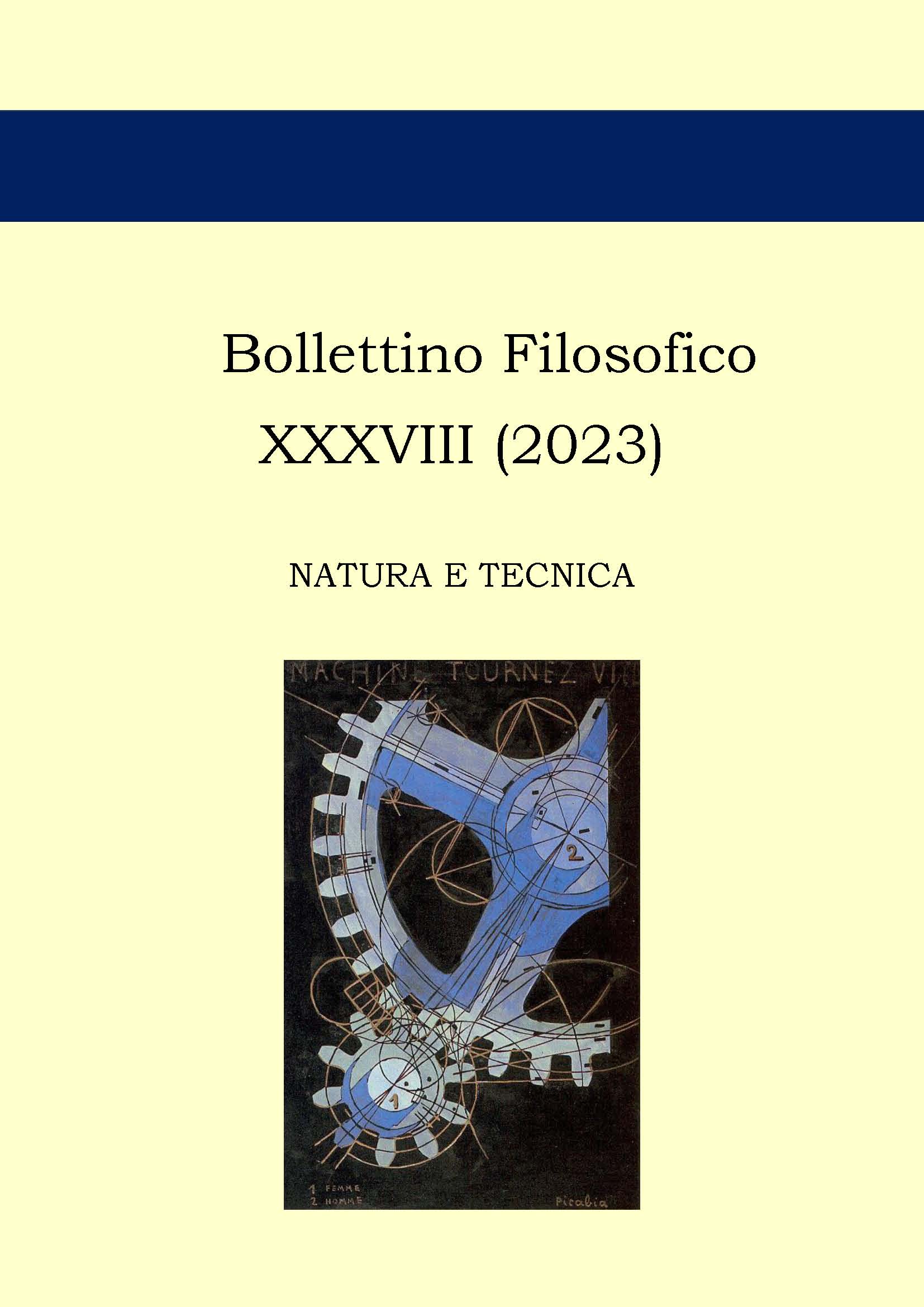The Technological Mediation within the Conflict between the two Images of the World. Sellars, Husserl and the Extension of Mind
DOI:
https://doi.org/10.6093/1593-7178/10397Abstract
In this article, I will reflect on the use of technology in scientific investigation. My aim is to understand the extent to which such reflection can contribute to the dispute between the manifest and the scientific image of man in the world. I will begin by pointing out the aporias underlying Sellars’s arguments, thus comparing them with Husserl’s theses on how the “technization” of knowledge breaks with the life-world. In light of this, in the second part of the essay, I will firstly consider how Ihde’s critique of Husserl’s concealment of the role of the technology of science meets with the theory of niche construction; secondly, I will focus on the sense in which we can describe language as a tool (or artefact) according to the extended approach to mind.
Keywords: Language as a Tool, Life-World, Technological Mediation, The Extended Mind
Downloads
Downloads
Published
How to Cite
Issue
Section
License
The author retains the copyright of his work whilst granting anyone the possibility “to reproduce, distribute, publicly communicate, publicly exhibit, display, perform and recite the work”, provided that the author and the title of the journal are cited correctly. When submitting the text for publication the author is furthermore required to declare that the contents and the structure of the work are original and that it does not by any means compromise the rights of third parties nor the obligations connected to the safeguard of the moral and economic rights of other authors or other right holders, both for texts, images, photographs, tables, as well as for other parts which compose the contribution. The author furthermore declares that he/she is conscious of the sanctions prescribed by the penal code and by the Italian Criminal and Special Laws for false documents and the use false documents, and that therefore Bollettino Filosofico is not liable to responsibilities of any nature, civil, administrative or penal, and that the author agrees to indemnify and hold Bollettino Filosofico harmless from all requests and claims by third parties.

